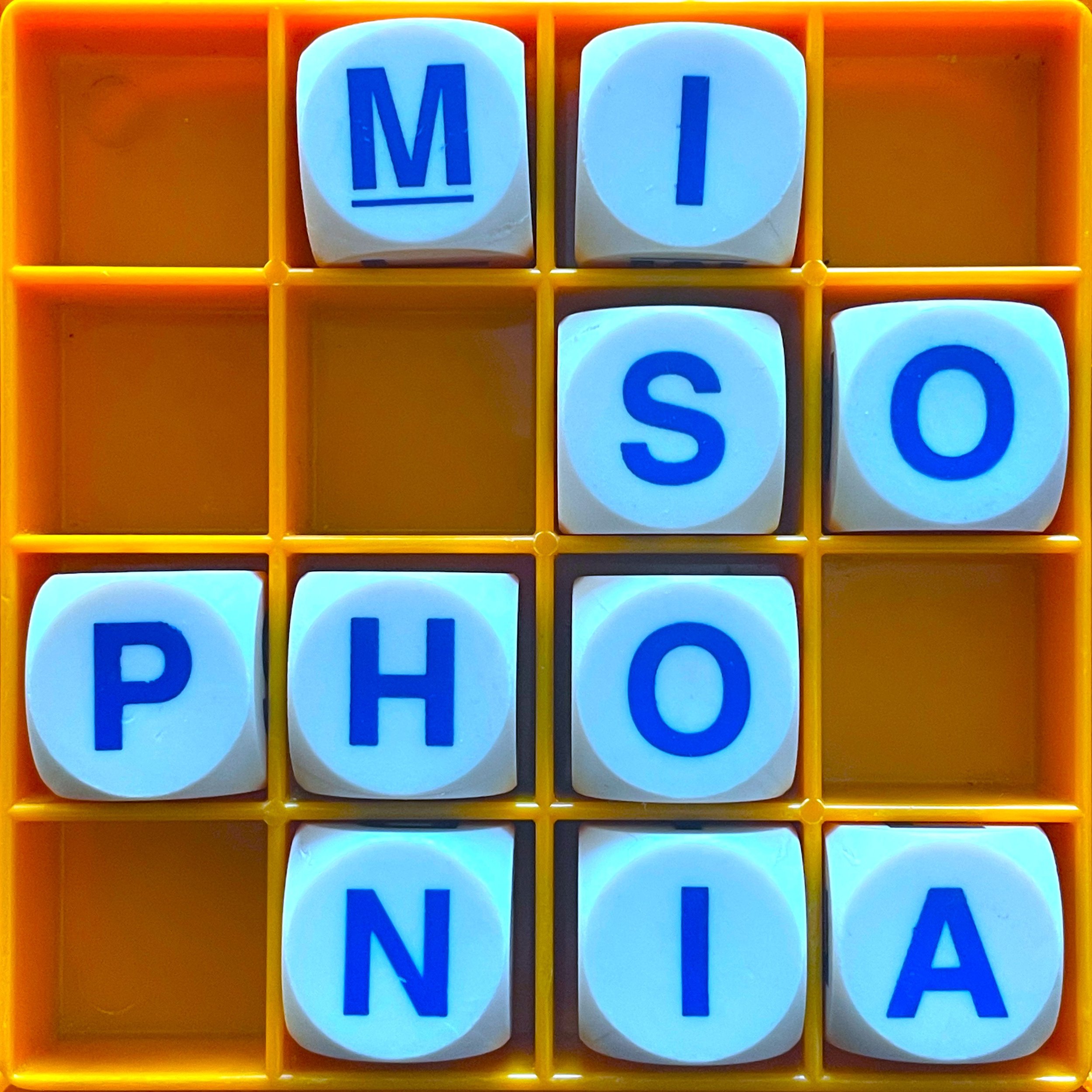JANE GREGORY: Misophonia is an extreme reaction to certain sounds and not an aversion to all sounds, but an extreme reaction to specific sounds. And the most common sounds are eating and heavy breathing and kind of repetitive sniffing and coughing and things like that. Which are also sounds that most people don't like the sound of, but people with misophonia will get a much more intense reaction, so it might be more like a fight or flight kind of response, a feeling of anger or panic as opposed to feeling annoyed or irritated or disgusted by the sound. And there's a bit more to it in terms of what goes on around the sounds as well. So it might be feeling trapped or helpless when they can't get away from these sounds. It might be listening out for sounds, even when there aren't any, or continuing to listen to see if the sound is still going, even if it's stopped. And doing things to organize your life around sounds or to cope with sounds. when they happen. So most people who don't like a sound will just deal with it. For people with misophonia, they have to do things to not be able to hear it or to be able to cope with their reactions to it.
HZ: Rather than just grimacing.
JANE GREGORY: Exactly. I mean, there's also some grimacing, but probably also some glaring.
Allusionist 82 A Novel Remedy transcript
When you’re not feeling well, which books do you turn to to make yourself feel better?
I asked this question on the Allusionist Facebook and Twitter, and hundreds of you responded, but a few answers came up again and again:
Terry Pratchett, Douglas Adams, JRR Tolkien.
Makes sense. Science fiction, fantasy: what’s more escapist?
Jane Austen. PG Wodehouse.
Also escapist, thanks to period setting - and, rich people problems not health problems.
Things you read when you were a child: Moomins, What Katy Did, Anne of Green Gables…
Taking you back to a time in your life that perhaps felt safer, or simpler...
...Harry Potter.
Boarding school shenanigans! Wizard problems not real life problems!
And, Agatha Christie.
Poison! Gunshots! Stabbing! Hang on, why would stories about murder make us feel better?
Well, they’re kind of supposed to make you feel better.
Read more

